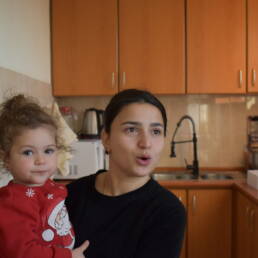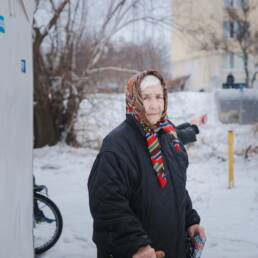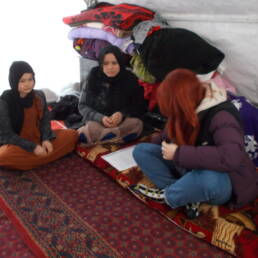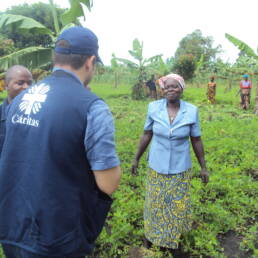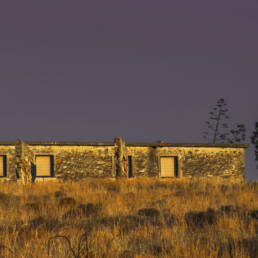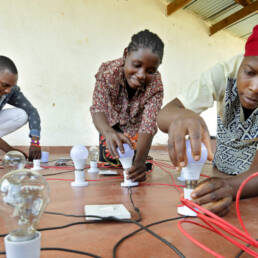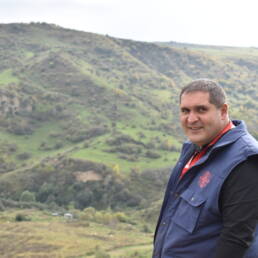Author
Silvia Sinibaldi
Humanitarian Director
Tel: +32 (0)2 235 03 95
Mob: +32 (0)478 58 54 08
ssinibaldi@caritas.eu
After armed fighting broke out between Armenia and Azerbaijan in September 2020 over the disputed territory of Nagorno-Karabakh, tens of thousands of persons fled the hostilities to Armenia.
A ceasefire agreement was brokered in November and the number of families fleeing the region began to decrease. Yet, people from the areas transferred to Azerbaijan’s control continue to arrive in Armenia. Despite the end of hostilities, Caritas Armenia continues to support displaced and local families in different regions of the country. It has helped over 6,700 families since autumn 2020.
Armenian Caritas has been at the side of people in need for already 25 years now. Once more, it is ready to intervene in a situation of emergency in a timely and appropriate manner, regardless of the psychologically challenging nature of this internal man-made crisis. Caritas staff has been providing various types of support, including rent payments and medical assistance to families that fled the conflict. It has also been providing social and psychological support and helping repair houses to improve living conditions, particularly for families that experienced losses or where members were severely injured in the war.
Shushik Matevosyan (the name has been changed) and her four children were displaced from the village of Nor Manashid in the Shaumyan region. The family has been living in Gavar, Armenia, since September. In the very beginning of the war, the family was sure that it would return, but when the ceasefire agreement was signed, the village and family home went under Azerbaijan’s control. Shushik’s family was accompanied to Armenian Caritas by the Gavar Municipality. The professional team of ‘Little Prince’ Gavar Social Center carried out the family’s primary needs assessment and provided psychological support. The children have been involved in trainings, group social work and events organised by the Center.
Caritas Armenia and its partner Catholic Relief Services have already distributed food and non-food item kits in the regions of Shirak, Lori and Gegharkunik, as well as in Yerevan, where many displaced people live. Most displaced families left their homes with almost nothing, which is problematic in the cold winter of the Caucasus. To help families survive the tough winter, Caritas staff has also distributed warm blankets, bedding items and electrical heaters to 650 households in the Ararat province.
However, the rise of COVID-19 and the economic recession are complicating the provision of support. Yet, Caritas Armenia keeps working and is committed to high standards when providing assistance. Its workers are trained on how to ensure the safeguarding of children and vulnerable adults, on how to prevent the spreading of COVID-19, on how to properly monitor and evaluate their activities and on how to ensure that people can provide feedback on the services they receive.
The work of Caritas Armenia is funded by the European and the global Caritas network, as well as by foundations and other international organisations.




